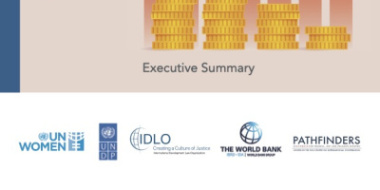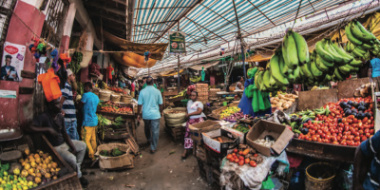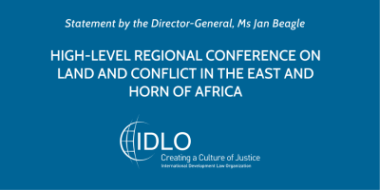Paralegals promote access to justice at regional forum in Nairobi
Over 30 paralegals from Kenya, South Sudan, Somalia and Uganda as well as various community justice experts convened to advocate for the critical role and contribution that paralegal support networks play in raising legal awareness and supporting access to justice for all, at a regional forum held in Nairobi on July 22-25, 2019.












